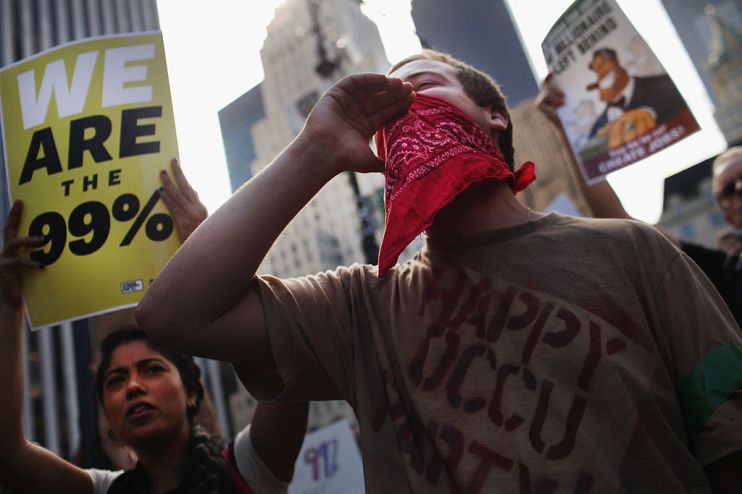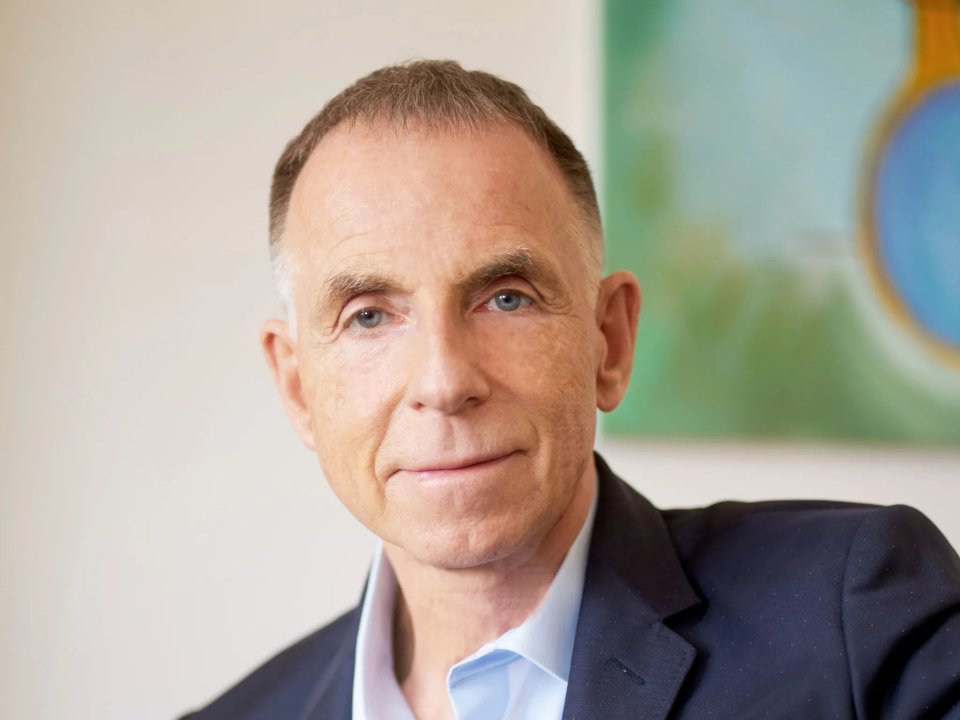More billionaires, less poverty – this isn’t a zero sum game, no matter what Oxfam claim

No, more for the super-rich does not mean less for the poor, argues German historian, sociologist and author Dr Rainer Zitelmann
The mainstream media are all reporting on the latest Oxfam report. The five richest men in the world have more than doubled their wealth since 2020, says Oxfam.
According to Oxfam, the world’s five richest men were worth a combined 405 billion U.S. dollars in 2020. This figure has now risen to 869 billion U.S. dollars.
Meanwhile, the world’s billionaires are 3.3 trillion U.S. dollars richer over the same period. The almost five billion “poorest” people in the world lost 20 billion U.S. dollars in wealth during this period. So much for Oxfam.
Global poverty is in decline – the number of billionaires is rising
Of course, Oxfam chooses the data so that they fit Oxfam’s thesis.
The year 2020 was deliberately chosen as the year of comparison because there was a massive coronavirus crash on the global stock markets at the time.
The reason for the increase in the number of billionaires and the decrease in poverty is the same: economic growth as a result of increased economic freedom.
This makes the super-rich’s subsequent gains appear all the higher in comparison. And since the number of people living in extreme poverty worldwide fell last year (which does not fit the thesis), Oxfam suddenly uses a completely different reference figure, namely the almost five billion “poorest.” But this is not the crucial point.
Oxfam suggests a correlation between rising wealth and growing poverty. This makes sense to the larger number of people who subscribe to the so-called zero-sum heuristic.
The communist poet Bertolt Brecht concisely expressed this erroneous zero-sum heuristic in his poem “Alfabet”:
“Said the poor man with a twitch: Were I not poor, you wouldn’t be rich.”
But such zero-sum beliefs are wrong. According to World Bank figures, 28 percent of the global population was living in extreme poverty in 2000, compared to 8.5 percent today. In the same period, the number of billionaires has increased from 470 to 2,640, and only a tiny proportion of this increase is due to inflation.
In countries where poverty has fallen the most, the number of billionaires has grown the most. In 1981, 88 percent of the Chinese population was living in extreme poverty; today it is less than one percent. At the same time, the number of billionaires in China has risen more than anywhere else in the world, from 0 to 562.
Only the United States is home to more billionaires than China (and a few years ago China even overtook the U.S. for a while).
The reason for the increase in the number of billionaires and the decrease in poverty is the same: economic growth as a result of increased economic freedom.

Anyone pining for countries without billionaires doesn’t need to wait until they are all expropriated. There are countries without billionaires in parts of Africa, or there’s Cuba or North Korea. Countries with large numbers of billionaires include Switzerland and Singapore, both of which have a high proportion of billionaires. But even in highly-lauded Sweden, the proportion of billionaires (in relation to the population) is 60 percent(!) higher than in the U.S. Although Sweden has high income taxes, it has abolished inheritance, gift and wealth taxes. According to the Index of Economic Freedom, Sweden is now the 10th most economically free (i.e. capitalist) country in the world, while the United States is only in 25th place.
Year after year, Oxfam delivers “studies” that always lead to demands for the rich to be taxed more. The studies are methodologically highly questionable. And yet the media fall into the same trap every year, as I have shown in detail in my book The Rich in Public Opinion.
You are left with the impression that the media don’t even want to look at the actual data; for them, the study is credible because it fits in with their anti-rich resentment, whereby the rich are the scapegoats for all the world’s ills.
Rainer Zitelmann is the author of the book In Defence of Capitalism